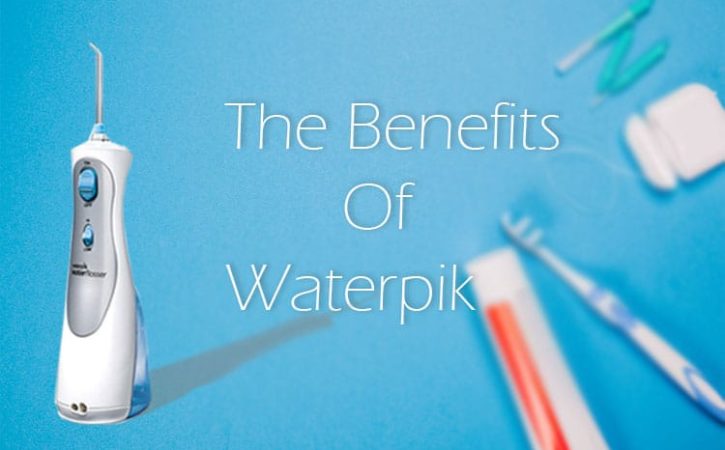Dental restorations are the various ways through which your dentist can replace or restore your damaged or missing tooth to its natural appearance and function. So what are these procedures? Keep reading to find out more.
Key takeaways:
- Dental veneers are designed to restore worn-down teeth while preventing further damage.
- Dental bonding is used to protect damaged teeth from incurring further fractures or decay.
- Dental crowns cover your damaged teeth and restore their original appearance.
You can always restore both the look and performance of your smile with these treatment options.
For more, click here https://yourdentalhealthresource.com/how-do-dentists-correct-worn-down-teeth/









